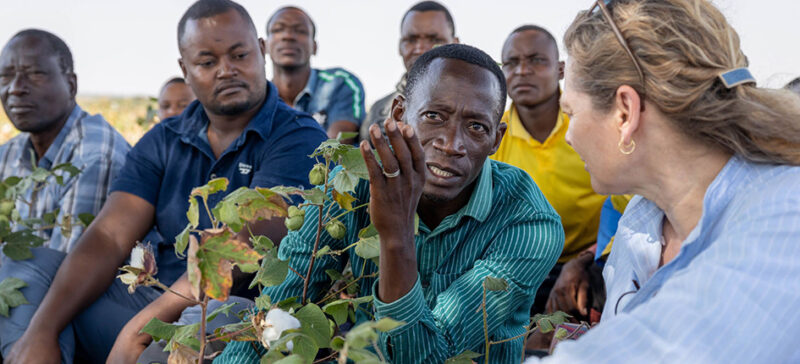Member News
Remei set to celebrate 40th birthday

This year, Remei is celebrating its 40th birthday and therefore 40 years of pioneering work as well. According to a press release, the textiles trading company has launched a wide-ranging campaign to mark this occasion, which highlights it as a pioneer and specialist in an integrated and just value chain from fiber to finished textile. The focus of this campaign will be on the company’s “innovative and system-changing” solution for traceable textiles made from organic cotton. In the coming weeks, further content is to be published on the website and via social media channels.
Just 10 years after being founded in 1983, Remei established cotton factories in India and Tanzania, thereby initiating a direct and participative collaborative model with local cotton farmers. Since 2008, the company has been exclusively dealing in organic cotton, while all textiles in the supply chain have been digitally traceable right back to their origins since as early as 2013.
Remei now works with 5,000 independent farmers, the press release states. “We integrate farmers into the supply chain and focus not on shareholder but on all-holder value - by involving all stakeholders in value creation”, explains Simon Hohmann, co-Managing Director and son of the company founder, in the press release.
It was in fact Remei founder Patrick Hohmann that first introduced the concept of all-holder value into the corporate philosophy. It is a term that seeks to represent the company’s efforts to strike a balance between financial, human and ecological requirements, while also conveying a desire to do business in a different way. Here, the emphasis is on creating value for everyone involved in the production process and distributing this fairly. ww